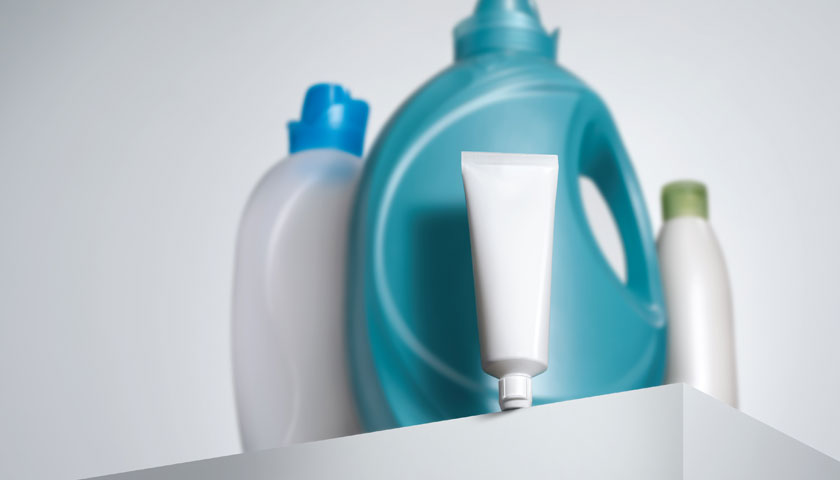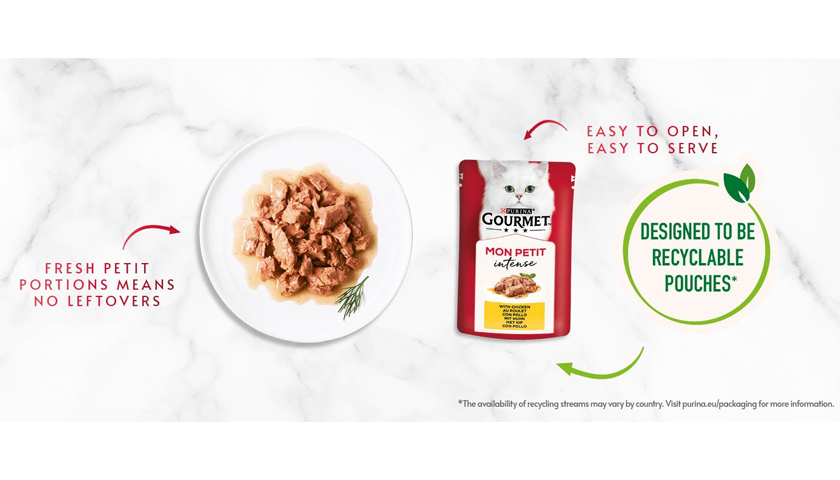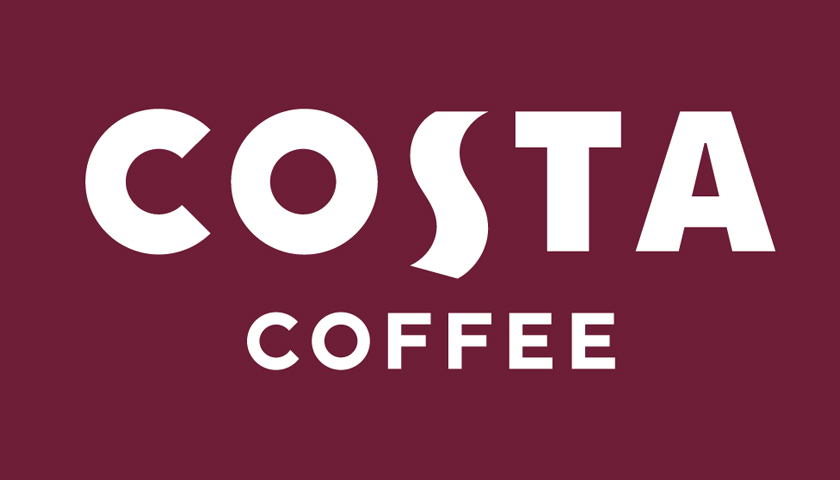Colgate-Palmolive has begun the switch to a first-of-its-kind recyclable toothpaste tube and now wants to enlist other companies to follow its lead.
Last week, Colgate delivered to retailers the first tube recognized by the Association of Plastic Recyclers (APR) — Antiplaque & Whitening toothpaste under the Company’s Tom’s of Maine brand. Tom’s will complete the switch in 2020, when the Colgate brand will start the transition in Europe and North America. By 2025, the Company will complete needed modifications to tube-making equipment at more than a dozen of its facilities around the world.
Now, Colgate is sharing its innovative technology with competitors as part of its campaign to transform one of the most widely used forms of plastic packaging that until now could not be recycled.
“Colgate wants to make tubes a part of the circular economy by keeping this plastic productive and eliminating waste,” said Noel Wallace, Chief Executive Officer and President of Colgate-Palmolive. “This advancement can make a significant difference in the marketplace today as we test new packaging materials, product formats and refillable models to reduce our use of plastic.”
“If we can standardize recyclable tubes among all companies, we all win. We want all toothpaste tubes — and eventually all kinds of tubes — to meet the same third-party recycling standards that we’ve achieved. We can align on these common standards for tubes and still compete with what’s inside them.”
In addition to sharing details of its technology, including information subject to Colgate patent applications filed in the U.S. and globally, Colgate has engaged with packaging and recycling stakeholders — including end consumers — to build awareness and acceptance of the “ready-to-recycle” tube. And Colgate engineers are already sharing the Company’s plans at key packaging forums and other industry meetings.
Mr. Wallace said the decision to freely share the tube technology aligns with the Company’s values and sustainability goals. It also contributes to its ongoing work supporting the UN Sustainable Development Goals and the Ellen MacArthur Foundation’s New Plastics Economy Global Commitment. The Foundation’s mission is to accelerate the transition to a circular economy.
“In a new plastics economy, plastic never becomes waste or pollution. To achieve this vision, we must eliminate all problematic and unnecessary plastic items, innovate to ensure that the plastics we do need are reusable, recyclable, or compostable, and circulate all the plastic items we use to keep them in the economy and out of the environment,” said Sander Defruyt, New Plastics Economy Lead at the Ellen MacArthur Foundation.“It is encouraging to see Colgate innovate not only to replace today’s non-recyclable toothpaste tubes, but also open source this solution to facilitate toothpaste tube recycling around the world.”
Most of today’s toothpaste tubes are made from sheets of plastic laminate – usually a combination of different plastics – often sandwiched around a thin layer of aluminum. The mix of materials makes it impossible to recycle through conventional methods.
To make its recyclable tube, Colgate chose High Density Polyethylene (HDPE), the “No. 2” plastic used to make milk jugs and other plastic bottles. Chosen because it is already widely recycled, HDPE had been thought to be too rigid to make a squeezable tube. Colgate engineers figured out how to combine different grades and thicknesses of HDPE laminate into a tube that meets recycling standards, protects the product and holds up to the demands of high-speed production, all while remaining comfortably squeezable.
To earn APR recognition, the Company also had to demonstrate that the tube material could be reused to make new plastic bottles and would successfully navigate the screens and conveyor belts used to sort recyclables. The tube — from invention through APR recognition in June — was developed over more than five years. The Company is currently seeking similar recognition from Plastic Recyclers Europe.
Colgate’s pioneering work with APR, which sets recyclability standards for North America, has already made a difference. Colgate proposed the idea of a recyclable HDPE tube and worked with the organization to ensure alignment with its standards and tests. Recently, making use of the testing standards established by Colgate, one major tube maker, Essel Propack, earned APR recognition, and another, Albéa, is working towards recognition.



